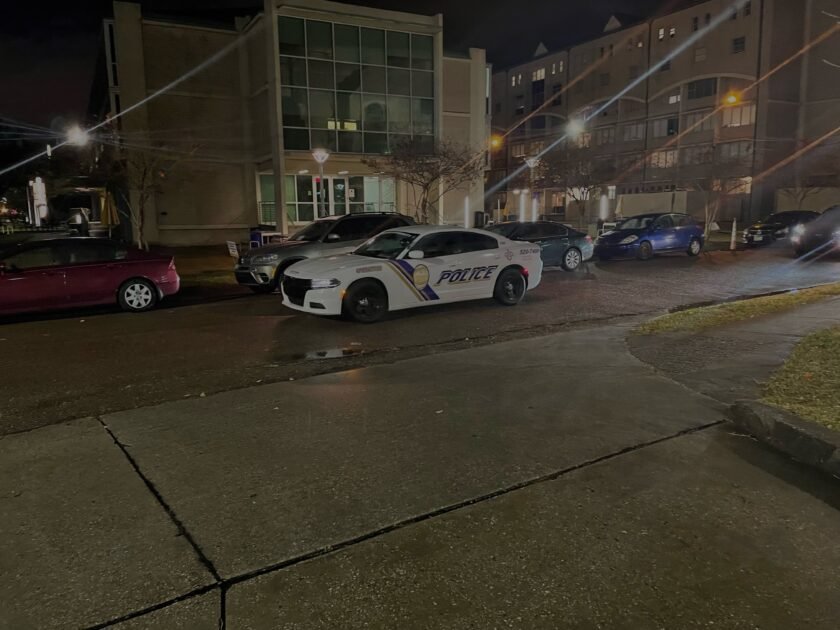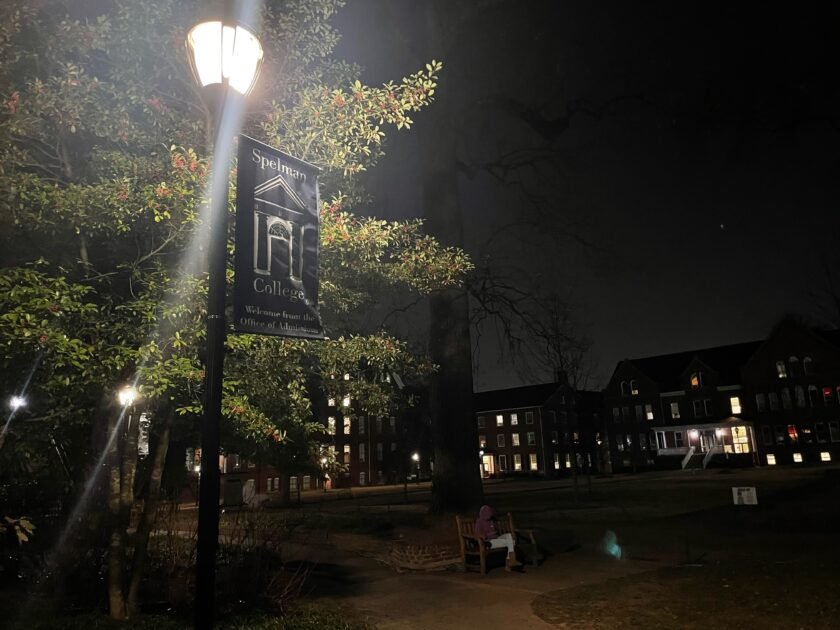By Madison Grant | Staff Writer
Students at Historically Black Universities and Colleges woke up excited about the first day of Black History Month on Tuesday, Feb. 1, 2022. However, the start of a month of celebration of Black history was marked by a feeling of uncertainty as a number of HBCUs across the country went into lockdown due to reported bomb threats. The campuses quickly issued alerts for students to shelter in place and postponed classes and campus activities at 14 HBCUs across the country.
“ALERT! XULA has received a bomb threat & is working w/ authorities. The campus will be remote until 12 p.m. today. Residential students should stay in their rooms until further notice. Continue to monitor official university channels,” read Xavier University of Louisiana’s official tweet about the threat.
This is the second bomb threat Xavier has received since the Spring 2022 semester began. The previous bomb threat Xavier received was ruled by campus officials as not being credible but prompted school officials to implement additional safety resources throughout the New Orleans campus.
“This is only at HBCUs. If this was happening a PWIs everyone would hear and know about it. This deserves the same amount of attention,” said Morenike Odulate, a junior, biology-pre-medicine major, who is a residential assistant at Xavier.
When it comes to the safety of students an evacuation would be best and canceling classes for the entire day, Odulate said.

At Howard University in Washington D.C., students were notified of a bomb threat around the same time as the Xavier students. This is the third bomb threat Howard has received since the semester began, according to students. For Howard, these bomb threats come after weeks of ransomware cyberattacks that forced classes to cancel.
“The Metropolitan Police Department (MPD) and the Howard University Department of Police have issued an ‘ALL CLEAR’ in the investigation of a bomb threat made this morning at approximately 2:55 a.m.,” Howard University tweeted from its official account on Feb. 1.
In D.C., Howard students said they were on edge as their institution has been at the forefront of disruptions to their education. Howard students shared across social media that they felt as though the threat was being minimized.
“When it comes to the safety and well-being of Black bodies there is a lack of care and concern,” said Lauren Lynch, a freshman, psychology major at Howard. “This situation is being treated with no sense of urgency. The university and police said work is being done, but I haven’t seen any of this work happening. This is our third bomb threat,” Lynch said.
Spelman College was another of the HBCUs targeted with bomb threats. This is the second bomb threat since the semester started for the Atlanta all-girl college. In a statement released by Spelman President Mary Schmidt Campbell, the campus informed of the threat being cleared and the next steps for Spelman.

“These threats are despicable. They are designed to make us feel fearful and vulnerable. I write now to let you know what additional steps the College is taking to ensure the safety of the Spelman community and our neighbors in the Atlanta University Center Consortium,” Campbell said in the campus safety update.
Spelman did decide to continue with in-person classes which some students shared that they felt was not the best response and wished classes could have been moved online for everyone’s safety.
“I definitely think this is racially motivated,” said Morgan Hawkins, a junior, psychology major at Spelman. “I think that action needs to happen on a federal level. This isn’t just happening in one city, one state. Whether the threats are baseless and merely just fear tactics, they’re still forms of terrorism,” Hawkins said.

